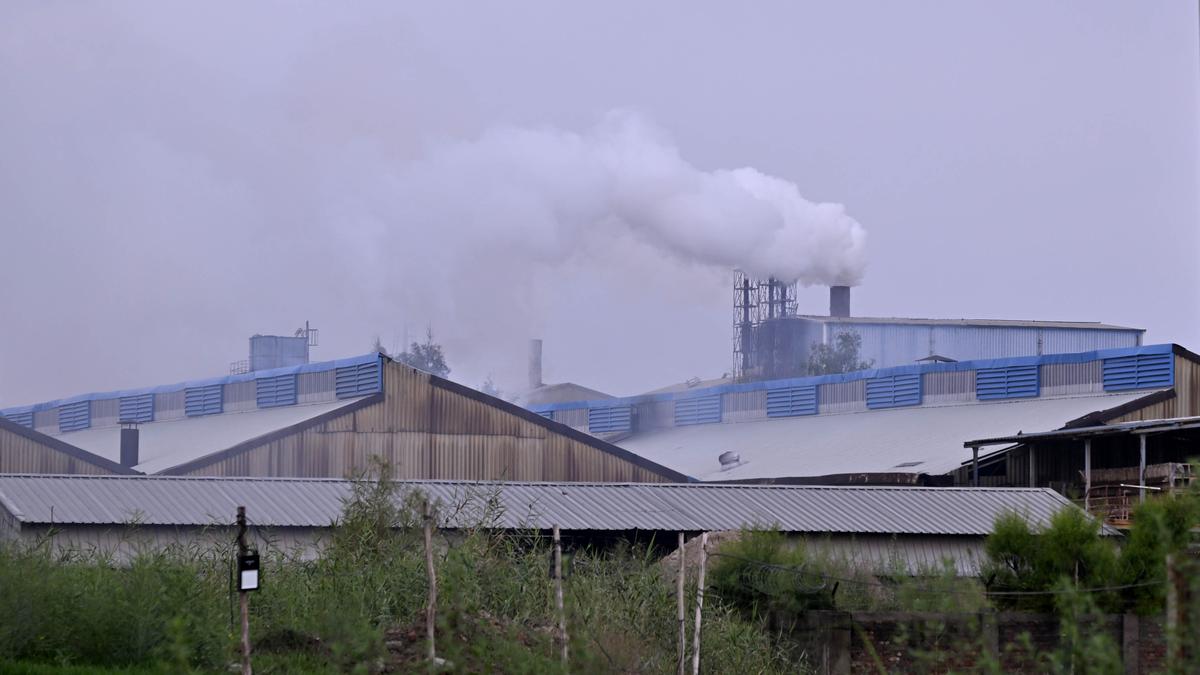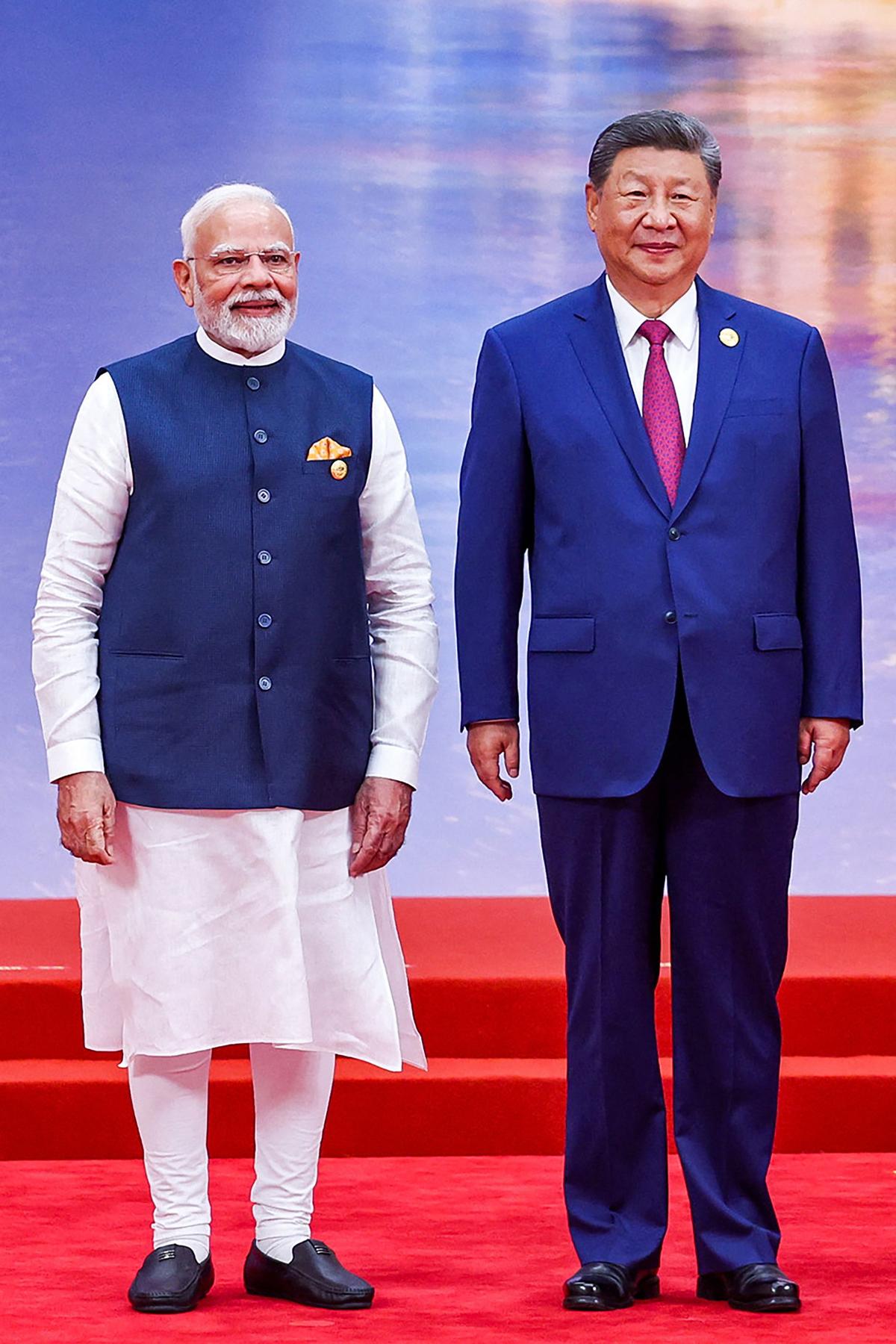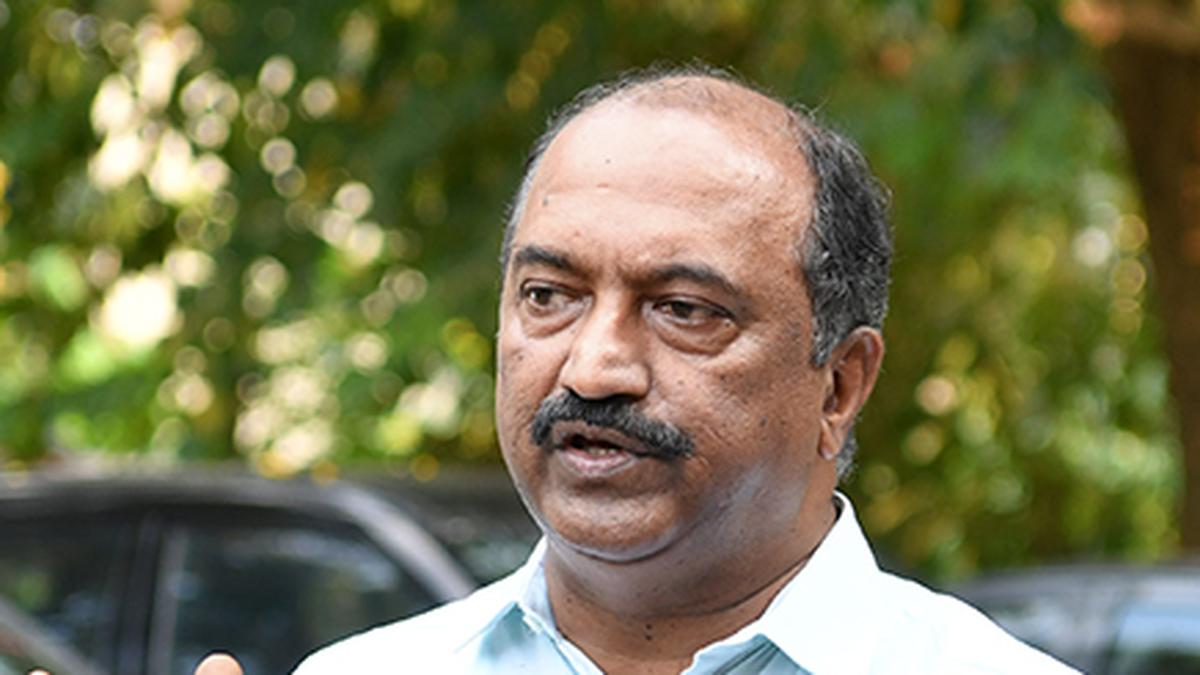Now Reading: Supreme Court Directs Authorities to Draft Air Pollution Action Plan Within Three Weeks
-
01
Supreme Court Directs Authorities to Draft Air Pollution Action Plan Within Three Weeks
Supreme Court Directs Authorities to Draft Air Pollution Action Plan Within Three Weeks

Quick Summary
- Supreme Court Directive: The Supreme Court of India directed various pollution management authorities,including the Commission for Air Quality Management (CAQM),Central Pollution Control Board (CPCB),and State Pollution Control Boards,to develop measures to curb air pollution within three weeks ahead of peak winter pollution levels.
- Staffing Issues: States like Uttar Pradesh, Haryana, Rajasthan, and Punjab were admonished for long-pending vacancies in their Pollution Control Boards and given three months to address staffing shortages. Six months were granted for filling promotional posts.
- Role of CAQM: CAQM was noted as a statutory body tasked with improving air quality in the National Capital Region (NCR) and adjoining areas.
- Suo Motu Case: The matter involves a suo motu case initiated by the Supreme Court concerning vacancies in pollution control agencies. Next hearing scheduled for October 8.
Indian Opinion Analysis
The Supreme Court’s latest intervention underscores India’s critical need to strengthen its institutional framework to combat recurring air quality issues. Winter pollution spikes remain a significant challenge in urban areas like Delhi-NCR due to high emissions resulting from agricultural stubble burning and industrial activity combined with seasonal weather patterns. By mandating strict deadlines for filling vacant positions, the judiciary seeks improved governance that could better implement preventive actions during vulnerable periods.
Additionally, directing agencies such as CAQM and CPCB reflects recognition of their role as pivotal stakeholders in environmental crisis management. Ensuring adequate manpower is essential not only from an operational standpoint but also for maintaining public trust in these institutions’ ability to reduce health risks associated with poor air quality. The coming weeks will be crucial as authorities finalize plans against impending winter-related smog events.























